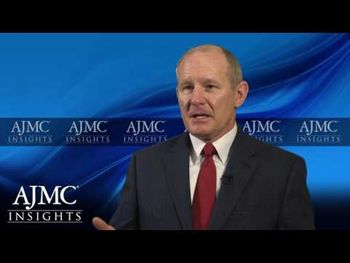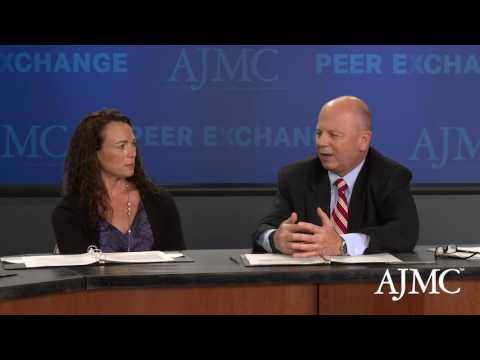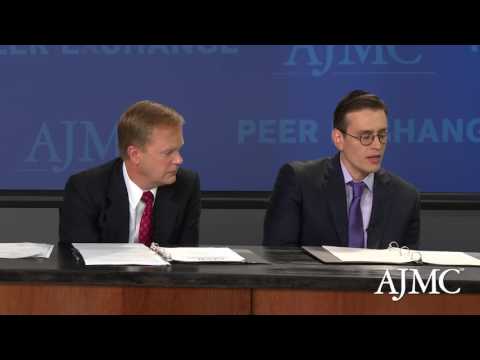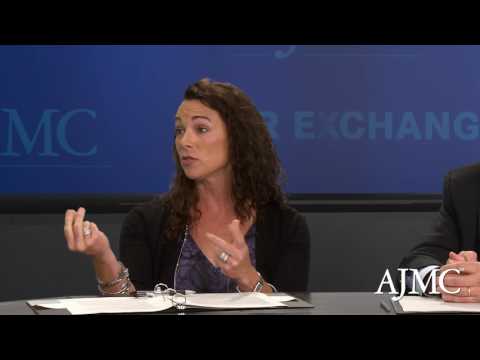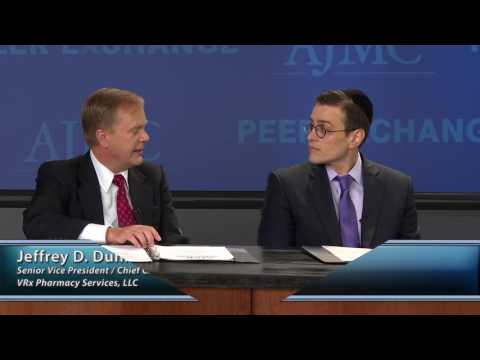
Rare Disease
Latest News
CME Content

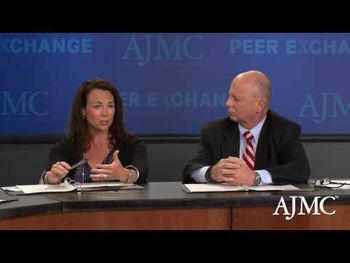
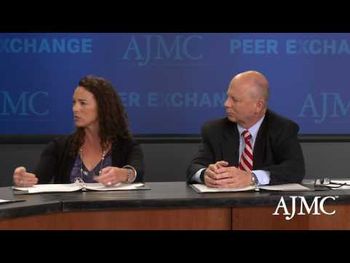
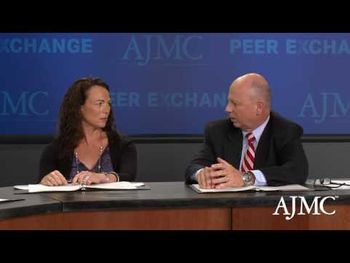


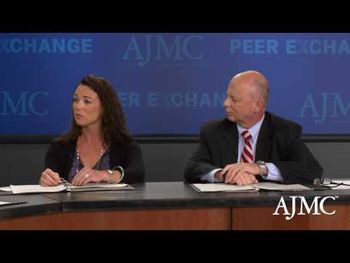

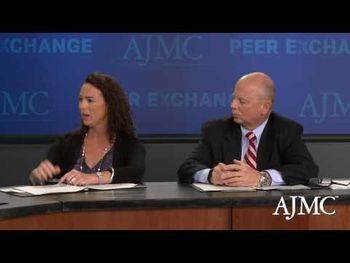



Availability of multiple sclerosis (MS) therapies provides substantial value to the currently healthy (who may contract MS in the future), particularly when treatment is fully covered by insurance.

Radiomic combines imaging and computational technologies and can identify patients with recurrent glioblastoma who may benefit from using angiogenesis inhibitors.

Medicare beneficiaries still face huge out-of-pocket expenses because of uncapped cost sharing in the catastrophic coverage phase. This is especially true for beneficiaries who take specialty drugs.

What we're reading, October 10, 2016: Anthem will not cover Exondys 51, the first drug approved for treatment of Duchenne muscular dystrophy; big soda has sponsored 96 health and medical groups; and new Illinois program seeks to fill care gaps for working poor.

As part of the National Comprehensive Cancer Network's new clinical guidelines for myeloproliferative neoplasms, a group of rare blood cancers, Jakafi has been recommended for the treatment of myelofibrosis.

Perennial favorite, Aimee Tharaldson, PharmD, senior clinical consultant of emerging therapeutics at Express Scripts, opened the Academy of Managed Care Pharmacy 2016 Nexus, October 3, 2016, in National Harbor, Maryland, with a discussion of specialty pharmaceutical drugs in the pipeline.

Positive data from two Phase 3 clinical trials that show Dupixent (dupilumab) is effective in the treatment of moderate-to-severe atopic dermatitis was announced at the 25th European Academy of Dermatology and Venereology Congress in Vienna, Austria.

What we're reading, September 19, 2016: the government update rules on reporting clinical trial findings; hospitals say they aren't receiving discounts for Valeant's heart drugs; and the FDA approved the first treatment for Duchenne muscular dystrophy.

What we're reading, September 16, 2016: Donald Trump mentions using Medicaid to expand coverage and making birth control available without a prescription; medical marijuana could curb the opioid epidemic; and how rare diseases are becoming more common.

The use of orphan drugs for non-orphan diseases is driving up the cost of these already expensive medications. A new report from America’s Health Insurance Plans found that almost half of the utilization for 46 orphan drugs were used for non-orphan indications.

Health insurance status can have a big impact on a person’s health outcomes after they are diagnosed with cancer, according to 2 new studies published in CANCER.

AstraZeneca is trying to invoke the Orphan Drug Act to protect its blockbuster, on the grounds it is approved to treat a rare pediatric condition.

